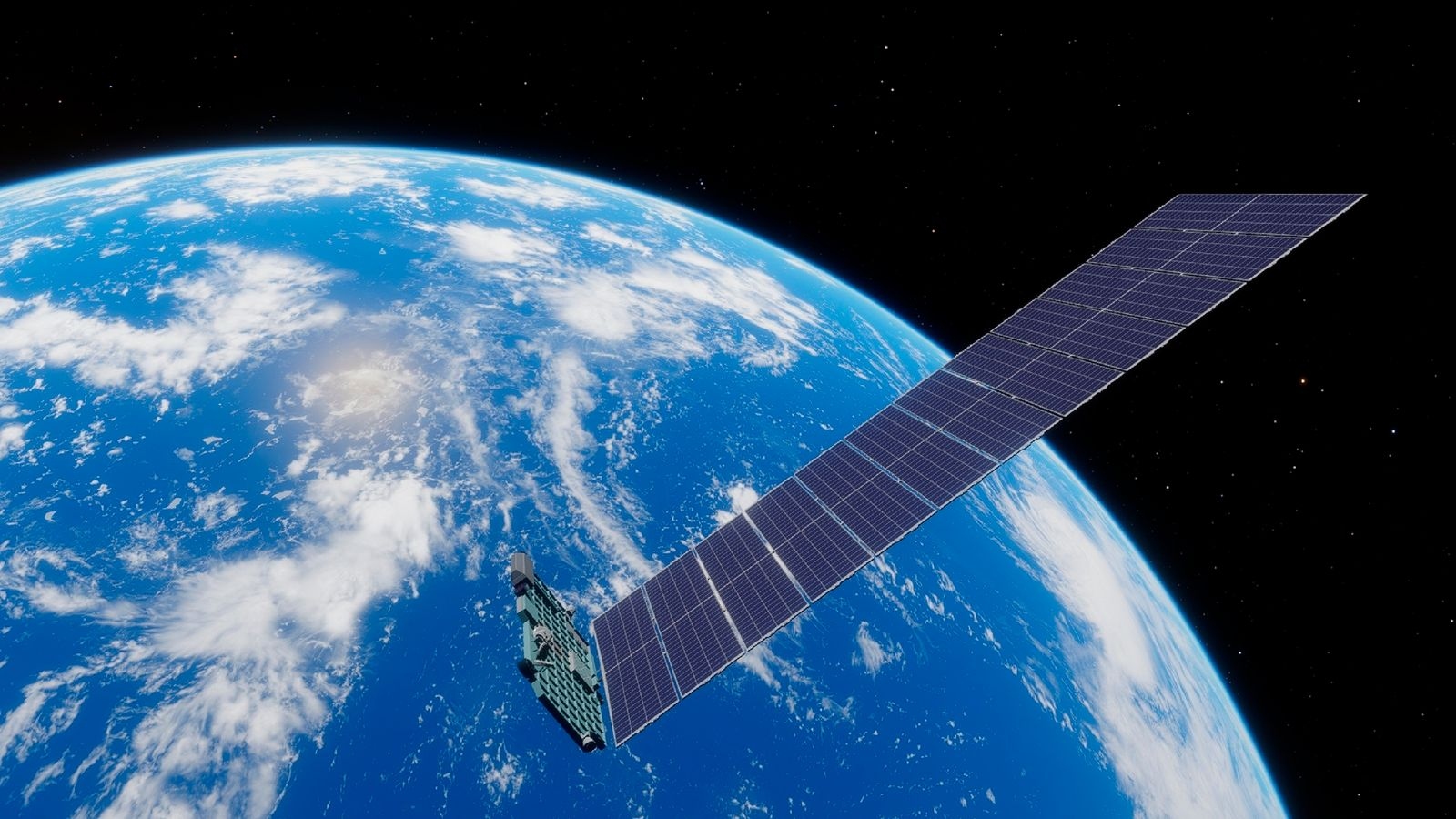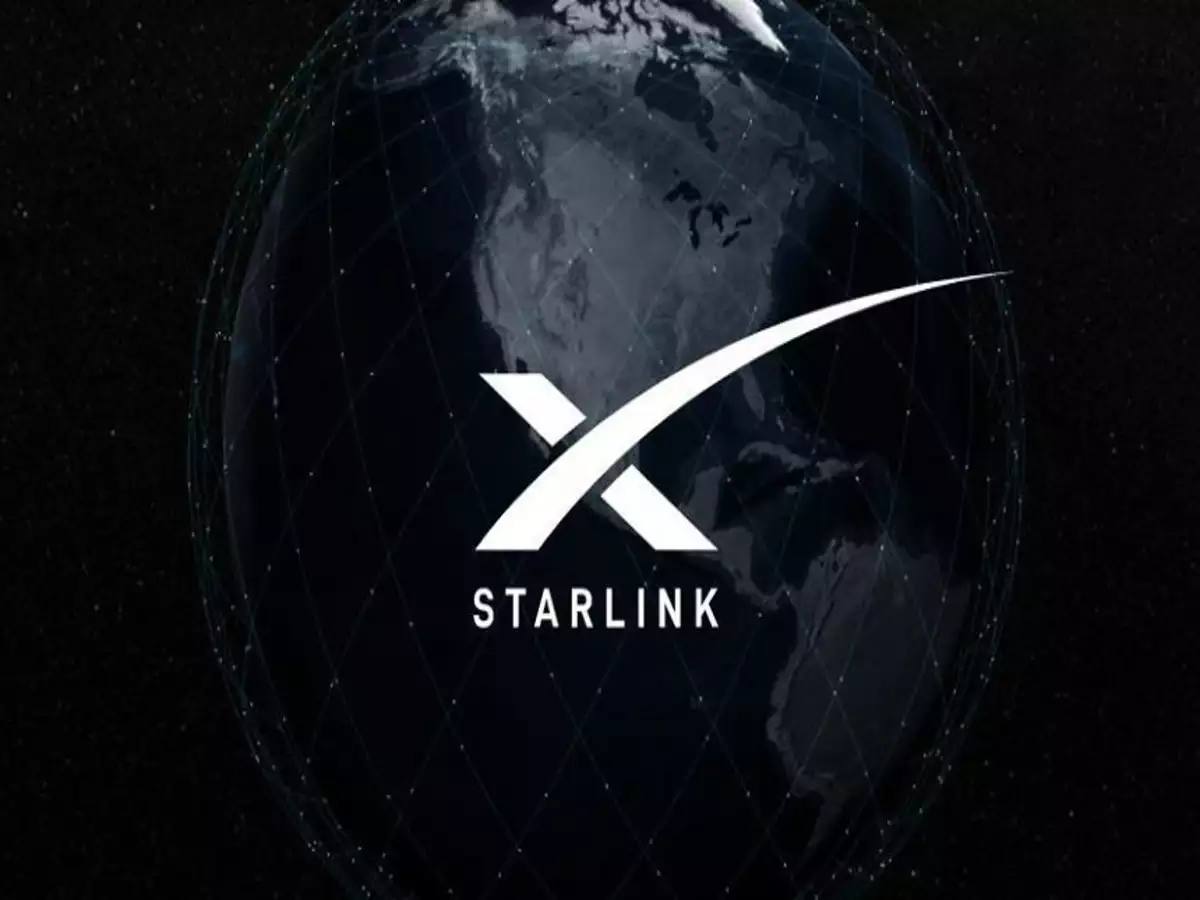The Ukrainian government, recognizing the strategic importance of maintaining control over satellite internet access within its borders, has proposed an innovative solution to Elon Musk’s Starlink. By developing an “algorithm,” they aim to prevent Russian soldiers from exploiting the technology in occupied areas of Ukraine. This move underscores a broader effort to safeguard critical communication channels in conflict zones.
“We found an appropriate algorithm, proposed it to SpaceX, and now we have clear communication on how to prevent similar cases,” said Mykhailo Fedorov, Ukraine’s Minister of Digital Transformation, illustrating the proactive steps taken by the Ukrainian government to address this challenge.

The Starlink Dilemma
The issue of Starlink’s misuse came to light when Ukraine’s Ministry of Defense raised concerns about Russian troops utilizing the satellite internet system to facilitate their operations on the battlefield. Reports indicated that “thousands” of Starlink dishes were being used by Russian military units, posing a significant security risk and highlighting the need for a swift and effective response.

Learning from International Precedents
In crafting their response, Ukrainian officials took cues from SpaceX’s efforts to manage Starlink’s deployment in Israel, particularly during heightened tensions with Gaza.
This examination provided valuable insights into how similar challenges were navigated, laying the groundwork for the proposed algorithm that could selectively block access to Starlink services in occupied territories while ensuring that Ukrainian forces remain connected.
Uncertain Outcomes and Ongoing Efforts
Despite the innovation behind Ukraine’s proposal, it remains unclear whether SpaceX has implemented or plans to deploy the algorithm. The situation underscores the complexities of managing satellite internet access in conflict zones, where the strategic advantage of connectivity must be balanced against the risk of misuse by hostile forces.
Among things that led to Elon Musk being nominated for Nobel Peace Prize was his ability to stand up and refused to US and Ukrainian Government, preventing a drone strike that was using Starlink connection by Ukraine to strike Russia Navy, and If it could have succeeded, then… pic.twitter.com/3YL8eTw5K4
— Stephen Musk (Fan) (@Iam_StephenMusk) February 20, 2024
“We need Starlink to function there because certain technologies important to us are associated with drones,” Fedorov emphasized, highlighting the critical role of Starlink in Ukraine’s defense strategy. This statement reflects the dual-use nature of satellite internet technologies, capable of supporting both civilian and military applications.
SpaceX’s Stance
Initially, SpaceX denied that Starlink dishes were being sold to Russian soldiers, a claim contradicted by intercepted audio recordings released by Ukraine. These recordings revealed discussions among Russian forces about acquiring Starlink units through third-party suppliers.
In response to these revelations, SpaceX has indicated a willingness to investigate and deactivate terminals confirmed to be used by unauthorized parties, reinforcing their commitment to responsible use of their technology.

The Digital Battlefield
The ongoing dialogue between Ukraine and SpaceX exemplifies the increasingly important role of digital infrastructure in modern conflicts. As nations and companies navigate the ethical and strategic challenges posed by technologies like Starlink, the situation in Ukraine serves as a case study of the complexities of warfare in the digital age.
With the world watching, the outcome of this collaboration could set precedents for how satellite internet services are managed in conflict situations globally, ensuring that the digital realm remains a domain of security and connectivity, not exploitation and aggression.










